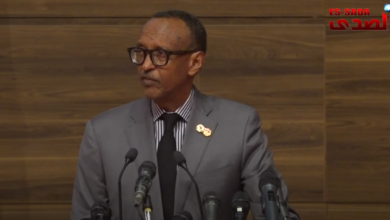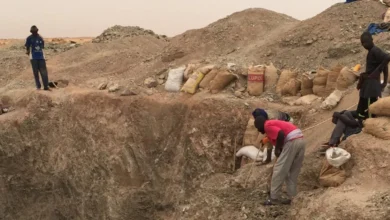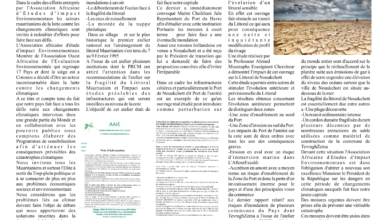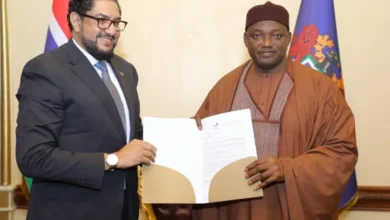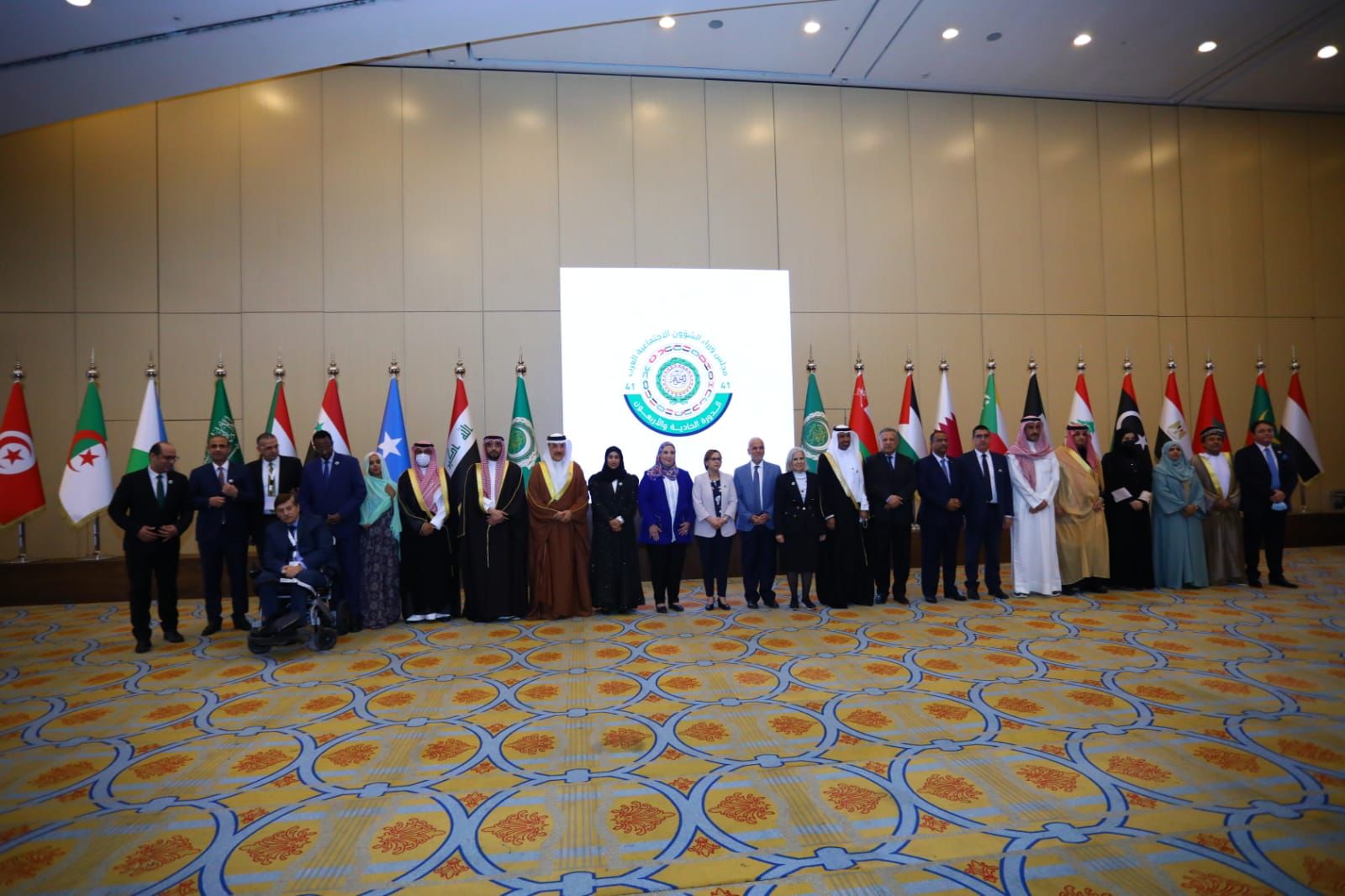
Today, Thursday, the 41st of the Arab Ministers for Social Affairs Council Meeting was held in Riyadh, headed by the Minister of Human Resources and Social Development Eng. Ahmed bin Suleiman Al-Rajhi with the participation of 15 UN agencies.
The closing session was opened by a speech by His Excellency the Minister of Human Resources and Social Development, Eng. Ahmed bin Suleiman Al-Rajhi, in which he stressed that the world is going through a difficult stage, as a result of the repercussions of the emergence of the new Corona virus mutated known as (Omicron), and the possible effects of its spread in the world.
“This requires intensifying efforts to deal with this crisis to limit its spread at an early stage, therefore, our plans and programs must include a real response, with which we face the world various transformations.”, He added.
Al-Rajhi said that it is not hidden from everyone the impact of the pandemic and its repercussions on social life in the Arab world, and from the principle of a sense of moral and human responsibility, we emphasize all social protection procedures, such as the elimination of multidimensional poverty in Arab countries and the rights of persons with disabilities in the sustainable development plan 2030.
Bin Suleiman looked forward to reaching more innovative solutions to enhance the quality of life for our Arab societies to make the world better and more advanced.
“The 41st meeting came with special importance, as it takes place in remarkable breakthroughs of the effects and repercussions of the Covid-19 pandemic, which increases optimism that 2022 will be a year in which life will return naturally, hoping that the outcomes of this meeting will crystallize the council’s policies and programs directed at the benefit of the weak and vulnerable groups. » Her Excellency Hessa Bu Humaid, Minister of Community Development of the United Arab Emirates said.
Bu Humaid added that the session’s agenda is full of many important topics of interest to a wide segment of society, such as the project of the Arab Authority for the first groups in social protection, the Arab Center for Social Studies and the Elimination of Poverty and the Council’s five-year plan for 2022-2026, which we hope will reflect the Council objectives and directions, addressing the multiple challenges facing sustainable development, foremost of which is poverty and the problems associated with it, and touches the aspirations and aspirations of societal groups for a quality of life and a decent living.
« That period was one of the darkest and most difficult periods that the world and the Arab region faced as a result of the Corona pandemic with the special nature of the Arab region as the repercussions of this pandemic have been even more severe, so we held urgent consultations with the Social Affairs Sector and the Technical Secretariat of the Council at the League of Arab States to organize an emergency meeting of the Council through video communication technology, as a quick response to discuss the social and humanitarian repercussions that came as a result of the precautionary procedures taken by countries to confront the Corona virus, where a statement was issued with specific directions and steps, seeking to confront the social repercussions of the pandemic, and to preserve a decent life for the Arab citizen, especially the weak and fragile groups.” His Excellency the Minister of Social Development in the Hashemite Kingdom of Jordan, Head of the Executive Office of the Council of Arab Ministers for Social Affairs, Ayman Al-Mufleh said.
Al-Mufleh revealed that despite all the efforts made by the Executive Office during the past two years, and the exceptional circumstances that the world and the Arab region experienced as a result of the Corona pandemic, there are a number of activities that were not implemented within the five-year plan, praising the initiative of His Excellency Minister Ahmed Al-Rajhi to merge the proposal of the Hashemite Kingdom of Jordan to organize the ministerial conference with the UNESCO Social Transformation Program Forum.
Her Excellency the Assistant Secretary-General and Head of the Social Affairs Sector, Ambassador Haifa Abu-Ghazaleh supported what the meeting mentioned about the importance of developing an implementation plan for the final statement after it was approved by their Excellencies at the upcoming Arab Summit, noting what the statement contained an important summary of recovery from the pandemic.
Abu-Ghazaleh emphasized that League’s agenda includes many topics that include important issues, such as multidimensional poverty, capacity enhancement, countries’ initiatives and the Sheikha Sabeeka Al Khalifa Prize for Productive Families, adding that all these points confirm the continuous communication and coordination with other ministerial councils and the importance of supporting the Social Work Fund.
At the conclusion of the 41st Meeting, the Council of Arab Ministers for Social Affairs issued a number of important decisions that represent a priority for joint social development work related to multidimensional poverty, persons with disabilities and the elderly, as well as the family and childhood.
(Declaration Riyadh) included a set of recommendations for charting recovery paths from the Covid-19 pandemic, such as: strengthening social policies in all its sectors, ensuring their sustainability and inclusion of weak and fragile groups in society, emphasizing social protection programs that reduce unemployment and integrating them
with training and skills development programs, especially those oriented to young people.
The recommendations also included strengthening the role of the specialized Arab ministerial councils, especially social affairs, youth and sports, health, population and development, other councils and concerned joint Arab labor organizations, supporting the implementation of the Arab strategic framework for the elimination of multidimensional poverty and the Arab strategy for the elderly.
The statement added recommendations to take the necessary procedures to provide decent work, support, reform and restructure labor markets, especially among youth, enhancing the readiness of the social, youth, health and educational sectors to face health crises and avoid similar repercussions when facing another unexpected crisis.
The recommendations called for expanding the use of technology, strengthening the digital infrastructure, developing human capital, digitizing more government services to reach all individuals and enhancing the role of youth, women and the family through supportive policies and training programs, in addition to stabilizing education systems and the quality of its outputs, especially in distance learning.
The statement also assessed the international cooperation between all the different sectors working in relation to the COVID-19 pandemic, supporting social protection policies and programs for all sectors directed at refugees, displaced persons and the communities hosting them.
The statement assured to support social protection policies and programs in the State of Palestine, as it is subject to occupation with the consequent social and economic conditions and the establishment of emergency funds at the national level, with the support of society sectors.
The conference recommended the need to work with UNESCO to support the status of all segments of society in the recovery program from the consequences of the Covid 19 pandemic and to cooperate with the comprehensive policy laboratory of the MOST program to exchange practices and experiences within the region.
The meeting concluded its recommendations by inviting the technical secretariats of the councils of ministers for social affairs, youth, sports, Arab health, population and development, in coordination with all partners from the United Nations, Arab civil society organizations, regional organizations and Arab funding institutions to hold the necessary meetings and workshops to develop plans and
programs to implement this statement, developing a framework similar to the United Nations Global Compact so that it would be a supportive arm to proactively confront crises and emergencies.



